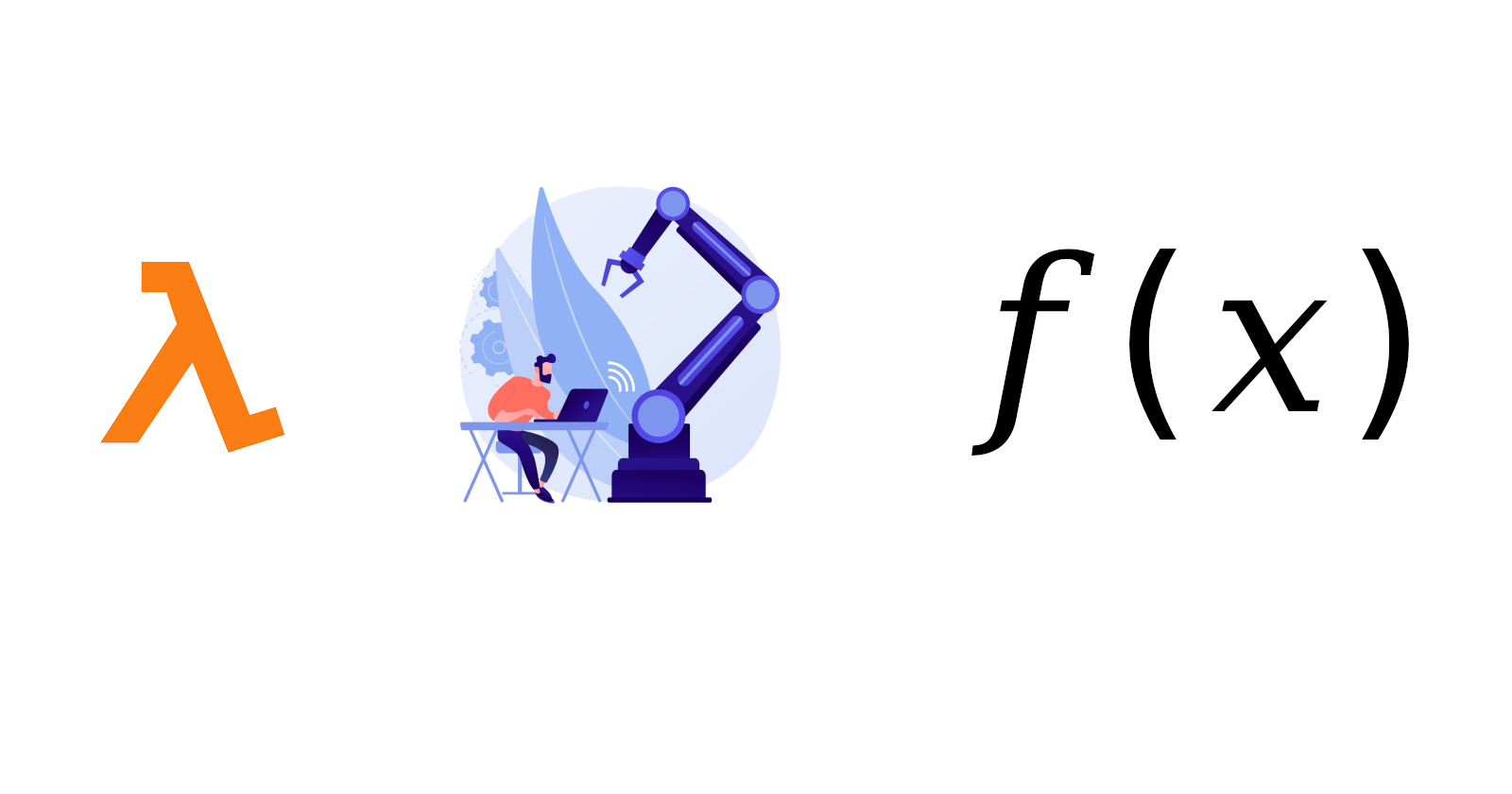Func-tional Programming: Where Code Meets Pure-suit
 Nikhil Akki
Nikhil Akki
Introduction
Functional programming (FP) is a paradigm in software development that treats computation as the evaluation of mathematical functions and avoids changing state and mutable data. It's rooted in lambda calculus and is gaining popularity due to its ability to simplify complex problems and make code more maintainable. FP focuses on immutability, first-class functions, and declarative programming.
Simpler explanation
Functions as first-class citizens: In FP, functions are treated like any other data type, allowing you to pass them as arguments, return them from other functions, and assign them to variables.
Immutability: Data, once created, cannot be changed. Instead of modifying data, you create new data with the desired changes.
Declarative style: FP emphasizes telling the computer what to do, not how to do it, making code more concise and easier to understand.
No side effects: FP avoids altering variables outside of a function's scope, reducing unexpected behavior and bugs.
Pure functions: Functions that always produce the same output for the same input, without any side effects, leading to predictable and testable code.
Use Cases:
Map & Filter- Transforming data and filtering elements without changing the original data.
Reduce- Aggregating data into a single value, like summing numbers in a list.
Concurrency- Easily managing parallel tasks and avoiding shared mutable state.
Data Transformation- Processing and converting data for analysis or presentation.
Mathematical Modeling- Ideal for mathematical and scientific computations.
State Management- Handling state changes in web applications with predictable updates.
Event Handling- Managing events cleanly and predictably.
Configuration- Defining configurations using pure functions for consistency.
Testing- Writing unit tests becomes straightforward due to pure functions.
Machine Learning- Utilized in AI and ML algorithms for data transformation and model evaluation.
Example Code
Example 1: Mapping
numbers = [1, 2, 3, 4, 5]
squared = list(map(lambda x: x**2, numbers))
In this example, we have a list called
numberscontaining integers.The
mapfunction is used to apply a given function (in this case, a lambda function) to each element of the list.The lambda function
lambda x: x**2squares each number.The result is a new list
squaredcontaining the squares of the original numbers.
Example 2: Filtering
even_numbers = list(filter(lambda x: x % 2 == 0, numbers))
Similar to Example 1, we have the
numberslist.The
filterfunction is used to filter elements in the list based on a given condition (the lambda function).The lambda function
lambda x: x % 2 == 0checks if a number is even.The
even_numberslist will contain only the even numbers from thenumberslist.
Example 3: Reduce
from functools import reduce
sum_of_numbers = reduce(lambda x, y: x + y, numbers)
This example introduces the
reducefunction, which is used for aggregating data in a list.We import the
reducefunction from thefunctoolsmodule.The lambda function
lambda x, y: x + yis applied cumulatively to the items of the list to compute the sum.The
sum_of_numbersvariable will store the sum of all the numbers in thenumberslist.
Example 4: State Management
def increment_counter(state):
return state + 1
In this example, we define a pure function called
increment_counter.The function takes the current state as its input (an integer in this case).
It increments the state by 1 and returns the new state as the output.
Example 5: Event Handling
def handle_event(event, state):
# Process event and return new state
if event == "button_click":
return state + 1
elif event == "data_update":
return state * 2
else:
return state
# Initial state
current_state = 0
# Simulating events
event1 = "button_click"
event2 = "data_update"
# Handling events
current_state = handle_event(event1, current_state) # State updated by 1
current_state = handle_event(event2, current_state) # State doubled
print(current_state) # Output: 2
Core Concepts
Pure Functions: Functions with no side effects, producing predictable results.
Immutability: Data cannot be changed once created.
First-Class Functions: Functions treated as data, assignable to variables and passable as arguments.
Higher-order Functions: Functions that take other functions as parameters or return them.
Recursion: A technique to solve problems by breaking them down into smaller, similar problems.
Closures: Functions that "remember" their containing scope.
Referential Transparency: Replacing a function call with its result does not change the program's behavior.
Monads: A design pattern to manage side effects purely.
Lazy Evaluation: Delaying the evaluation of an expression until its value is needed.
Pattern Matching: A way to destructure data and make decisions based on its structure.
Reference Links (5 links):
Takeaways
Functional programming is a powerful paradigm that promotes clean, predictable code by emphasizing immutability, first-class functions, and pure functions. It simplifies complex problems, enhances maintainability, and is particularly well-suited for data manipulation, parallel processing, and mathematical modeling. By understanding its core concepts and applying them effectively, developers can harness the full potential of functional programming in various domains. Learning to think and code functionally opens up new possibilities for tackling software development challenges while ensuring code that is more reliable, testable, and easier to reason about.
Subscribe to my newsletter
Read articles from Nikhil Akki directly inside your inbox. Subscribe to the newsletter, and don't miss out.
Written by

Nikhil Akki
Nikhil Akki
I am a Full Stack Solution Architect at Deloitte LLP. I help build production grade web applications on major public clouds - AWS, GCP and Azure.